The Homeschooling Debate Continues: Advantages & Disadvantages
For years, parents and educators have debated whether or not homeschooling children has more positives or negatives. And because recently, more families have chosen to homeschool than ever before, the conversation is once again being discussed around the country and the world.
While there are certainly advantages to homeschooling, below are just a few of the arguments from the other side that show the possible downsides to keeping kids out of classrooms.
Socializing With Peers Is Vital to Early Development
Some say that children who are homeschooled miss out on early socialization with other kids their age, which is essential to their emotional development.
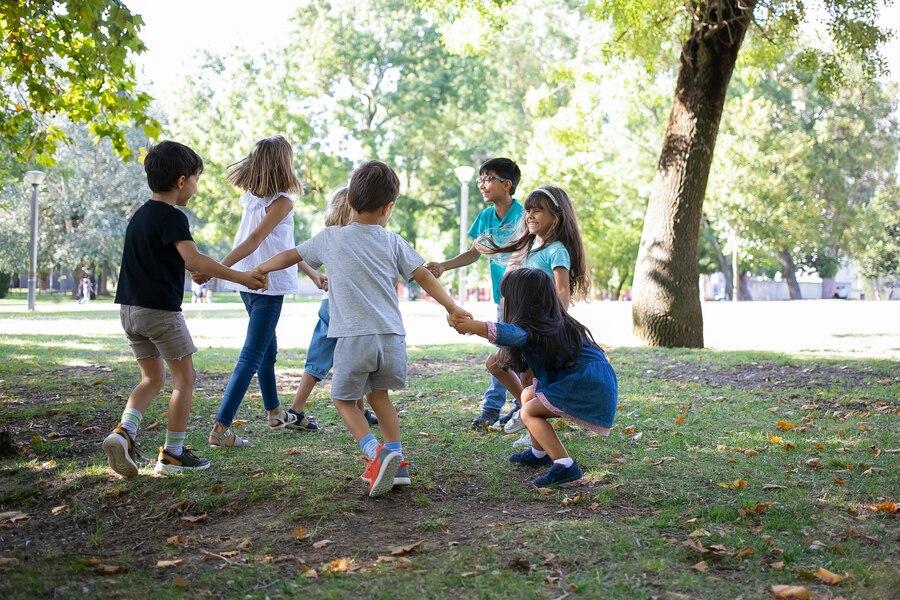
Source: Freepik
And without socializing, children might not learn the communication skills they need to succeed later in life.
Homes Don’t Have the Resources Schools Do
From science labs to art rooms and extensive libraries, schools have far more hands-on resources for children to use than a standard home has.

Source: Freepik
And many attest that children who don’t have access to these supplies receive a limited educational experience.
Teaching Kids at Home Is a Big Undertaking
Being a parent is hard on a good day, but trying to ensure children get the best possible education at home can be extremely challenging for many parents.
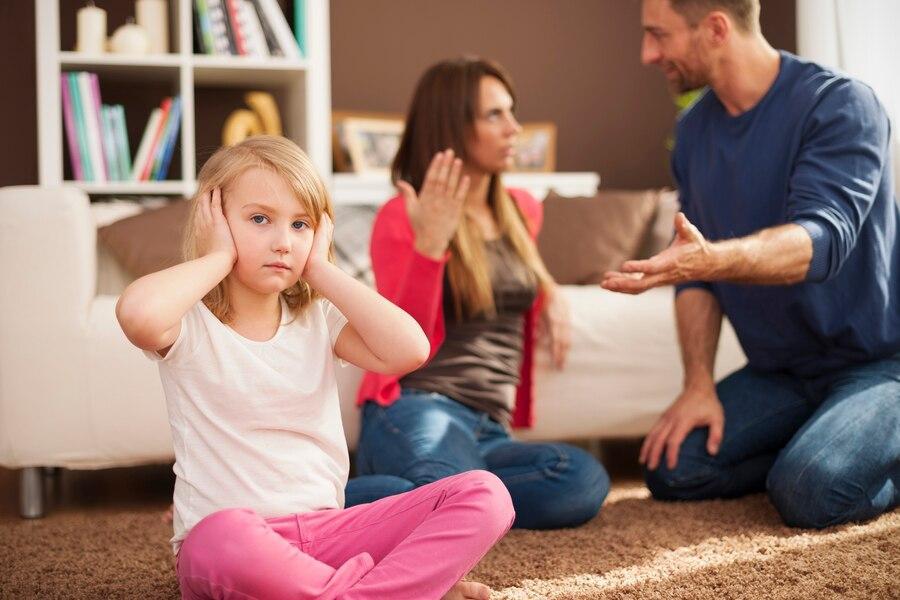
Source: Freepik
Some say the added pressure can cause more fighting between parents who homeschool, which experts know absolutely negatively affects children immediately and in the long run.
Children Don’t Have Anyone to Tell About Issues at Home
Often educators are the first ones to hear about it if there is abuse happening in a child’s home.
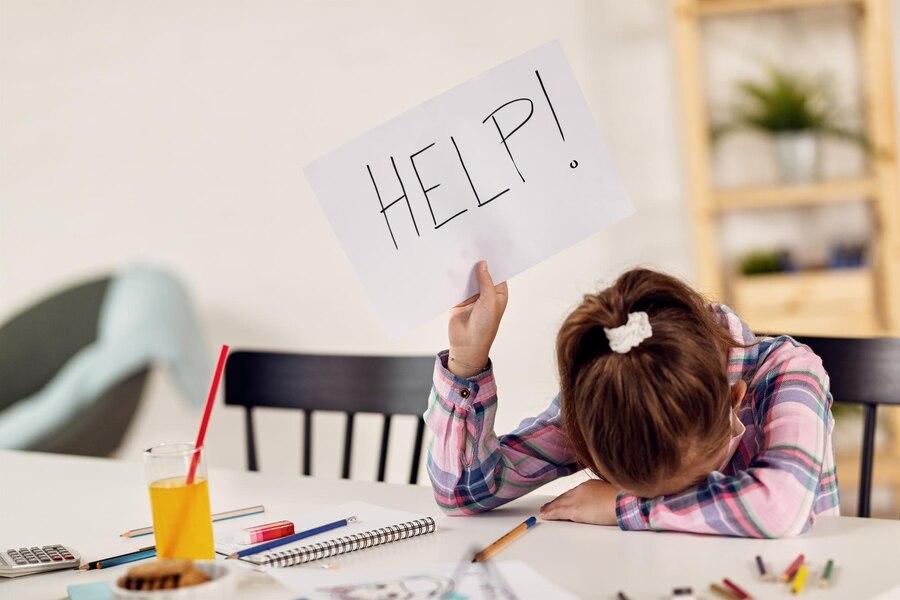
Source: Freepik
Sadly, kids who don’t attend a traditional school simply don’t have anyone to tell or even anyone to notice if things are not okay at home.
Homeschooled Children Can Miss Out on Important Milestones
Some say that a person’s life is marked by important milestones such as prom, graduation, and eventually events like marriage or anniversaries.

Source: Freepik
But kids who are schooled at home don’t usually have the opportunity to participate in these big and memorable events, and later in life, they may feel as though they missed out.
It’s Extremely Hard to Prepare a Child for College at Home
Although many homeschooled children go on to attend a standard university, the truth is that without going to school beforehand, they will struggle in that environment, even if they know all the information.

Source: Shutterstock
Even many traditionally schooled kids have a hard time adjusting when they get to college, but without previous socialization or class structure, some say homeschooled children will have the most trouble with the transition.
Missing Out on Team Activities
Studies have shown that team activities such as sports teach children how to work together, communicate, follow instructions, and win and lose gracefully.

Source: Freepik
And while some parents who homeschool their kids still ensure they play team sports on local teams, many of these children completely miss out on the opportunity to play on a team.
Schools Provide Professional Counselors
Another huge advantage of traditional schools is that they offer professional counselors or even psychologists to all their students.
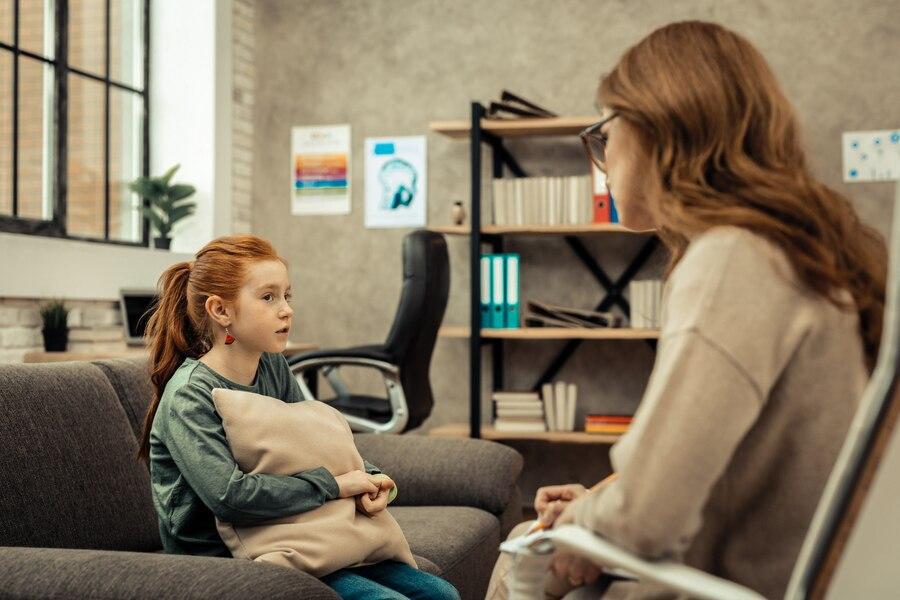
Source: Freepik
Children at home don’t receive this service, and while a listening ear is always helpful, for some children, this resource could be absolutely life-changing.
Lack of Structure Could Have Long Term Consequences
When young adults enter the “real world,” they are often overwhelmed by the sheer amount of self-motivation and time management required to work, stay healthy, and keep their home functioning.

Source: Freepik
Many argue that because of the lack of structure in a typical homeschooling setup, those kids are even more likely to struggle to stay organized as an adult.
Classrooms Also Have Their Faults
It’s important to note that while there are several arguments against homeschooling, there are also many downsides to a typical classroom.
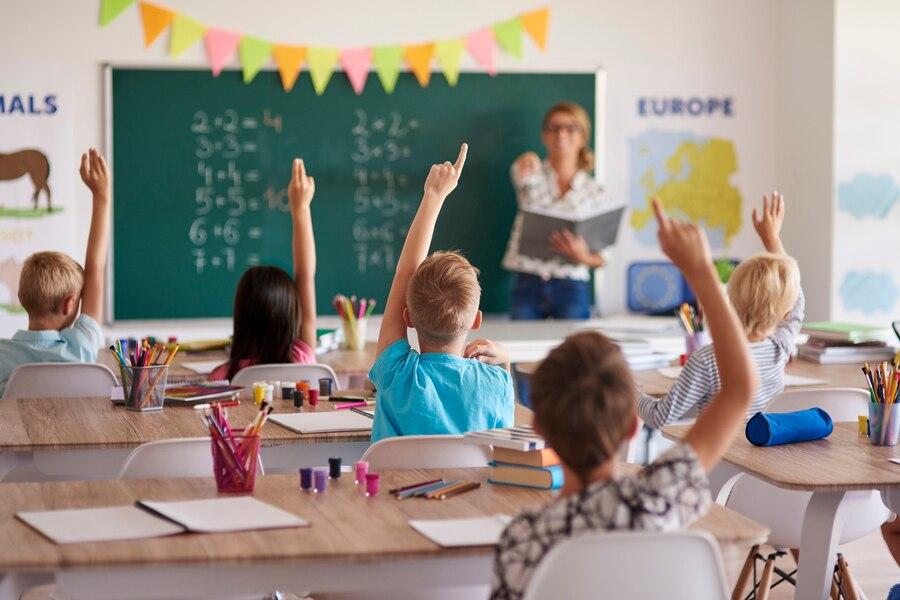
Source: Freepik
Children don’t receive as much one-on-one attention, learning is not often personalized to their needs, and many kids fall through the cracks of the system and don’t receive the many benefits of a well-rounded education.
Every Child Is Different
The truth is that every child and family is different, and there is no one right answer for how to best educate the next generation.

Source: Freepik
But it’s important to understand that there are downsides and upsides to both options; only parents who fully grasp both aspects of homeschooling and traditional schooling can choose what’s right for their kids.
